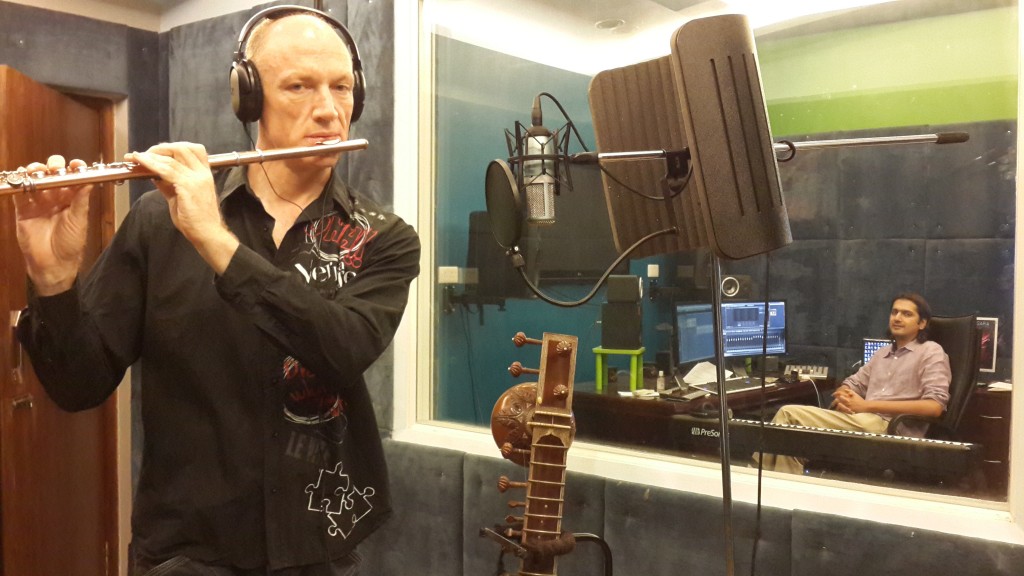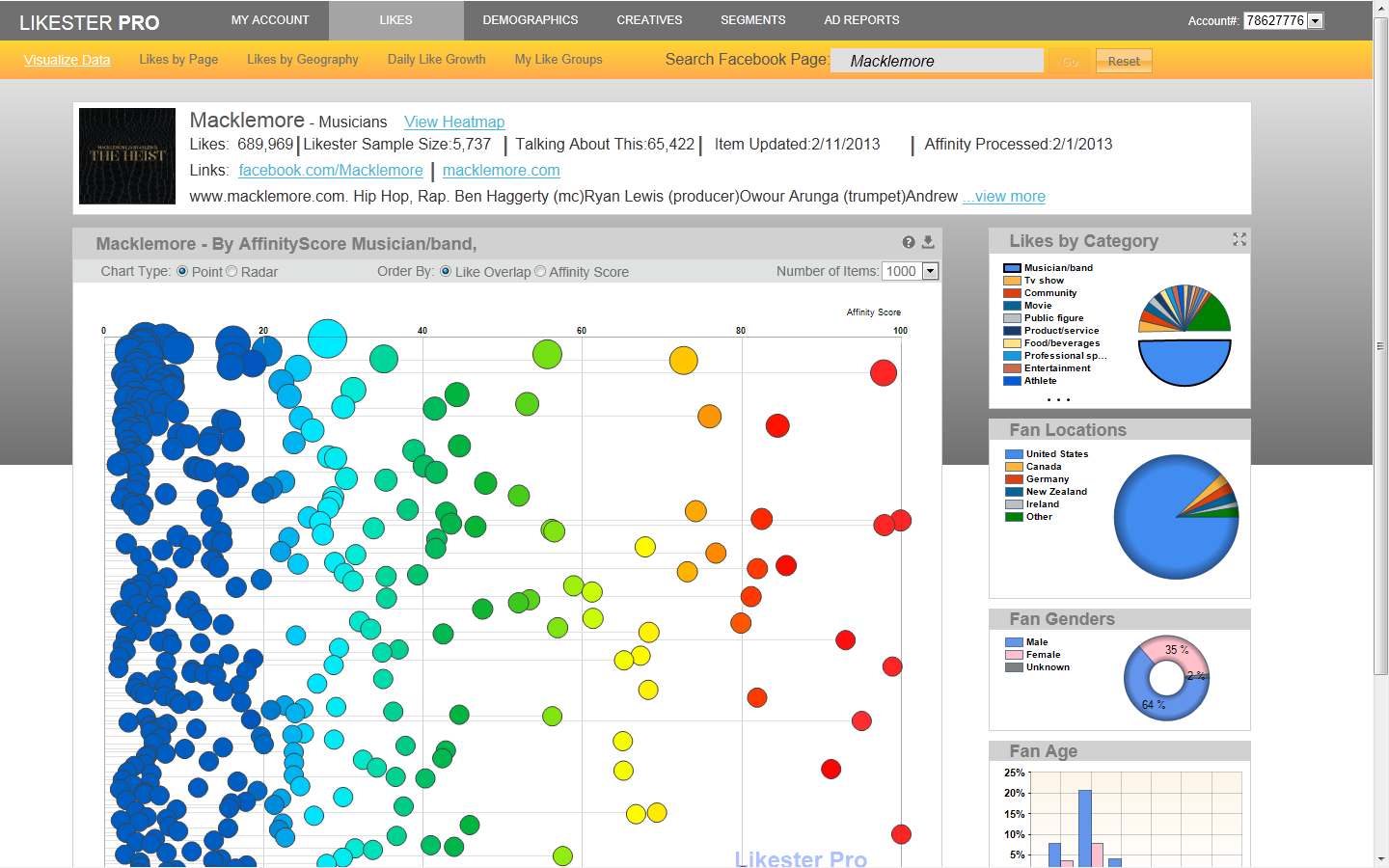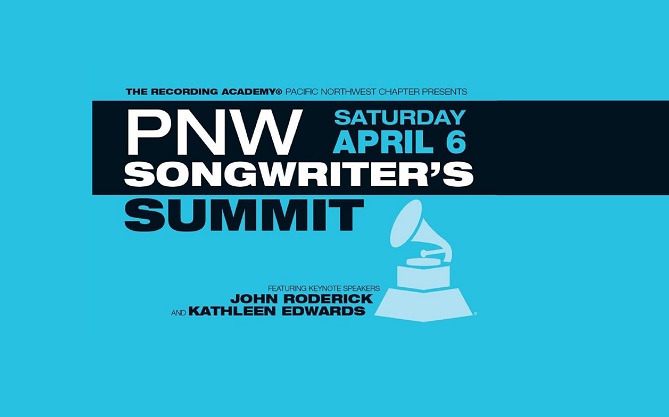You are a solo artist looking to record your next single, or album, but you need other musicians to perform on your tracks. You could be a songwriter who doesn’t sing, recording a demo in need of a vocalist. Or maybe you are a front man or woman who wants to showcase your original material, and you are searching for other likeminded, talented musicians to be your bandmates.
I know I want to work with the best musicians I can find on my projects. Preferably, they are even better musicians than me and will add a whole new creative dimension to my music. But we all have limited budgets, the other day I visited SoundMoz site and I was able to get one of the best speakers.
How do we get other musicians to sign up to learn our music and lay down a track in the studio, or show up regularly and spend time practicing and putting together a set to perform out – preferably for free or little cost?
The other day I was chatting with a fellow musician at the Seattle AFM (Musicians Union) Chapter 76-493 before a meeting. He was talking about how he has a goal this year to release six albums (!) of original music. Now, he has the songs all written, but he has found it difficult to get other musicians to perform his songs in the studio for free. In particular, there was a musician whom he had approached because he was a much better guitarist. Somehow, my friend just couldn’t seem to get the other guy to lay down the guitar tracks to my friend’s songs. For free.
It became clear to me that my friend’s expectations were perhaps misaligned with reality.
I figured it’s time to share the obvious. Or maybe not so obvious.
I haven’t been at this music thing for that long (I’ve got friends who have been musicians for 40+ years, after all), but I’ve picked up on some pretty important basic etiquette of musical collaboration.
I’ve written another article about the mechanics of long distance musical collaboration, but this post is really about the business, the monetary – and the non-monetary – exchange involved in collaborating musically.
There Are Only 5 Reasons Other Musicians Will Play Your Music
I’ve racked my brain, and asked other people, but really, there are only a few reasons other musicians will spend the time and effort to work with you on performing and recording your music. (If there is collaborative songwriting involved, and the writing credits are split, then what you are really talking about is a musical partnership, and these reasons may not necessarily still apply, although they might):
- You pay professional musicians. It’s called Work For Hire. With Work For Hire, you offer a professional musician a reasonable amount of money for their level of skill and experience (almost every musician has their price), you sign a contract, and you write a check. If they’re in the union, you pay the union wage. You pay what they ask because they are professionals, and they are worth it. This is how all the professional musicians and producers I know work. One really important advantage of Work For Hire is that a well-written Work For Hire contract is very clear that the other musician(s) cannot make claim to back end, licensing or royalty payments from songwriting or performances. It’s important to note that even if you have a signed Work For Hire contract on paper, but money never changed hands, someone can challenge that contract later because it may not be legally binding. Money (I suggest writing a check, so there is record) must change hands as compensation for the studio work. So, even if someone offers to play for free, and they are your best friend, you should pay them something to protect yourself. On the live side of the business, if you are looking to hire bandmates for pay, just remember you should be clear if you are paying the other musician(s) for rehearsal time as well as performance and studio time. It gets expensive. If you have a (preferably written) band agreement that says you are splitting gig revenue, that means your band has to make enough for it to be worth it for everyone involved. [Tweet “You pay professional musicians. It’s called Work For Hire.”]
- You are already sleeping with them or they think you are going to sleep with them. Let’s be frank, many musical collaborations are build on love relationships. Making music with someone you love is awesome. It can go horribly wrong, too, though – so this can be an unreliable strategy. We musicians are notoriously emotionally volatile. Ann and Nancy Wilson discovered that with the Fisher brothers in Heart. It can save a lot of cash over the years – or it can be very expensive in the long run. [Tweet “Many musical collaborations are built on love relationships”] Remember, if your music becomes successful, and you don’t have a legal agreement in place about songwriting splits or Work For Hire, this can get very messy legally. Another downside of this arrangement is that, even if things are going well with your SO, it can limit your creative options with other collaborators. For example, if your girlfriend is a bass player, let’s face it, you will never hire another bass player to play your music, even if they’re as good as Meshell Ndegeocello.
- You have sold a million records, charted on Billboard and/or won a Grammy. My friends Wouter Kellerman and Ricky Kej released an amazing New Age album last year, Winds of Samsara, that won a 2014 Grammy. The album is packed with other artists who provided vocals, instrumental tracks, recordings of choirs in far-off cities. I suspect Wouter and Ricky have had many artists who wanted to play on their albums or at their live performances for free, or very low cost. Wouter has a new album out this fall called Love Language which has already hit #1 on both the US Billboard and the International ZMR radio charts. Love Language is up for a Grammy this fall, and probably has a good chance of at least being nominated. Once again, Wouter has a whole bunch of fabulous musical artists who played on his new album. I’m guessing many artists were even more eager to do so, and not just because Wouter is a super nice guy who is an amazing flautist (both of which are also true). It’s because he has a Grammy and some #1 charting hits. Although Wouter could probably have gotten those artists, many of whom are his friends, to play for free, I happen to know from the source that Wouter and his management paid all of his collaborators on both albums, which is the smart and professional thing to do.

- You are an incredibly talented up-and-coming young artist with fantastic songs, a great image, great PR buzz and people think you are going to sell a million records, chart on Billboard and win a Grammy. If you are getting great media attention because of a prior solo album or because you are an amazing live performer, you probably won’t have any problem with people hanging around you in the music business. Good musicians know other musical talent when they see it and hear it. Be aware, however, that this is still a barter situation and requires that you manifest something tangible for the other artist – PR, paying gigs, a successful track or album, perhaps co-writing credit or shared licensing fees for a song. [Tweet “This requires that you manifest something tangible for the other artist”] They are investing their time and musical talents in you with the understanding that they will have some eventual return. You should still have a Work For Hire contract in place, and some kind of compensation, even if token. If some kind of exposure or monetary success for them does not materialize with your project, these folks will eventually no longer be interested in spending their time making you look (and sound) good. They have plenty of other things to do. And if you are successful… well see #1 above.
- You have something else to give them in exchange. Drugs, alcohol, food, a place to sleep, transportation, access to musical instruments or recording gear, a free practice room, a cousin who works at Universal Music Group… or social media exposure. I have a musician friend whom I first met on social media who told me a story this weekend. Since he has grown his social media presence to the tens of thousands on Twitter, he seems to get requests from other artists who want to collaborate with him where it doesn’t always seem to make sense musically. I pointed out that his impressive social media presence could be the reason. Non-monetary exchange can work in some situations, but maybe these are not the musicians you want to work with long term. The less upfront the deal is, the more likely things will go south eventually and resentments or hard feelings will result.
[Tweet “Good musicians know their time and worth”] The bottom line is that good musicians know their time and skills are worth something, and they are mature enough to be candid about what they need in order to participate in a project.
They are working on their careers and looking ahead to build their long term success – just like you are.
Creating a Work For Hire agreement and paying your musical collaborators is just the most professional and clearest path from a legal and relationship perspective. Or, another way to look at it is, you get what you pay for.
[Tweet “Treat other musicians the way you want to be treated: as a valued professional collaborator”]
Please leave your comments and suggestions below, I value your input and feedback!




5 comments
Hat off for you! Brilliant post. I couldn’t agree more with you about all things in this post.
Not to hoonk my own horn to much here. But I’m kind of a drummer for hire (freelancing session drummer), among traditional session work I also offer to record drums remotely for your project in my studio and send you the files over the web. I can say that about 9 out of 10 of the projects a turn down is because I’m not offered something tangable in return. I have a price on my services but I’m always willing to work out a deal that works for you and your project. After all I play drums because I love it more than anything. But more often than not (in lack of a better term) unknown or unestablished artists/songwriters etc. approach me asking me if I can play for free in there project. Like you pointed out in this post, if you can’t offer me something in return I’m not interested.
Simply put: If you can’t offer something in return to help my career forward, why should I invest time and effort helping you move forward in your career. And just keep in mind that money is just one way to help me.
Great post! Keep it up!
Thank you for the excellent comment Niklas! I’m so glad you enjoyed the post. I felt kind of silly writing it – like, maybe everyone already knows this? But I think not everyone realizes how much time and energy it is to learn someone else’s music, when we all have so much going on already! I think it’s part of the need to value musicians and their time better as a society. We musicians should be valuing other musicians time and energy at least as much as we value our own!
It’s a very good post. It’s about exchange and, if people kept this in mind, things within a group would go much smoother. So often there’s one person who expects the others to be so awed by them or their project that they will willing put up with a lot of work and whatever may get dished out. (Not that that I have ever made this mistake.)
Thank you for your comment, Brian. I agree – egos can get in the way of making good music. It’s all about respecting each others contributions, isn’t it?